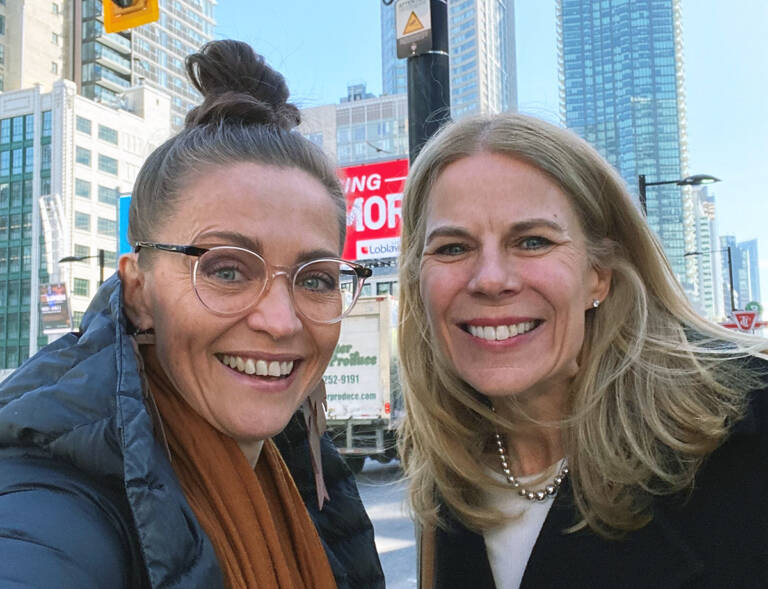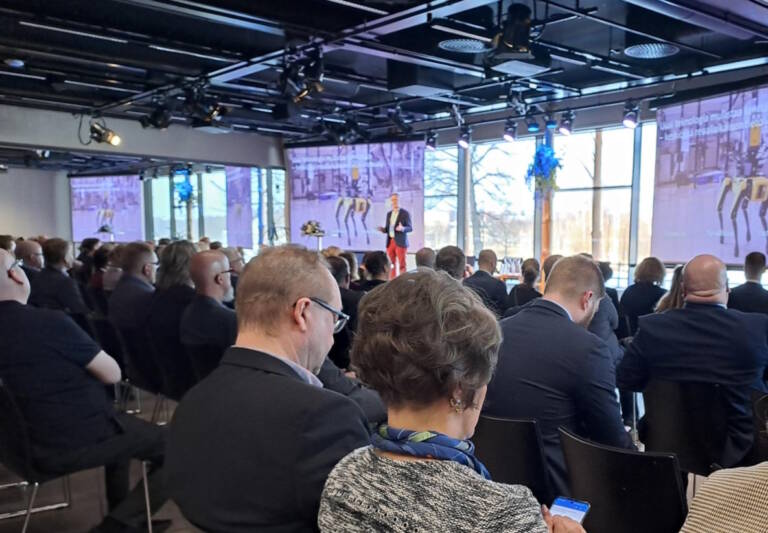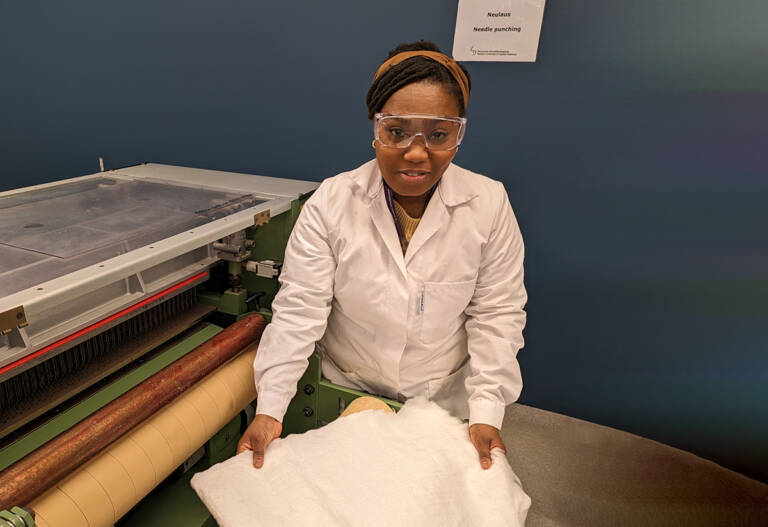In the project, TAMK is developing a digital networking MOOC course and piloting, together with companies, structurally light networking events that will be carried out digitally. The project will go on for 1.5 years. Because there is little time, we already tested out a few event concepts in the spring with companies.
The virtual company meeting with WSP
The first digital networking event, introducing an international expert and company to each other, was held on 10.5. with the planning and consulting company WSP. We knew a TAMK alumnus who worked in the company who has further collaboration with TAMK and participated in, amongst other things, a mentoring programme.
We sought participants openly by advertising the event by email, in the social media channels of both TAMK and International House. Basic details were requested with an application form, as well as a brief description of education and experience. Ten specialists in the technical or commercial fields were selected from the applicants. We wanted to match the specialists to the needs of the company so that the event would serve both parties.
The 1.5-hour event was realised in a hybrid form so that the project personnel and the representatives of the company were in the same place and the international specialists were connected remotely. Even though 10 people were invited to the event, only six participants came online. Despite the group being smaller than expected, there was frustratingly little time for discussions. There was no introduction round, but instead the participants entered a description of themselves and their work objectives for the near future in the chat. After this the representatives of WSP presented the company and their recruitment needs. The workplace atmosphere and personnel benefits were also touched on. The participants entered questions and comments for the company representatives, after which everyone got a chance to speak. The representatives of the company gave feedback to the participants, as well as tips for jobseeking. The discussion was liberated and enthusiastic. The language used was English, which is also one of the working languages used at WSP.
Digital events– to be continued or not?
On the basis of the experiences from the spring, we can conclude that digital events carried out with companies are easy to organise and the benefit that we gain from them is real. An international expert learns to know an employer in their own field, as well the work opportunities they offer and factors that affect recruitment. After having received pointers, the international competent person can get to understand an employer in their field, the career opportunities they offer and factors that affect recruitment. When they’ve had those pointers, they can improve on some of their areas of competence systematically and in this way get employed. In the events, what is learnt and encouraged is looking for work and networking. Without the pressure brought on by an actual jobseeking situation.
A corporate partner, may through their participation, promote interactive discussion with international specialists and learn from their points of view, experiences, feedback and questions. On top of that, the company gets more exposure, particularly amongst immigrants.
However, a digital event may also lower the threshold for signing up. This could also be seen in the event in May. I would recommend anticipating possible ‘no show’ cases by inviting more participants than normally. It’s also worth allowing plenty of time for free discussion so that keen participants don’t have to be shut out unnecessarily.
Text: Kirsi Popova
The author, Kirsi Popova is in charge of the alumnus activities at TAMK and works as a project specialist in the DigiMESH project.
Picture: Unsplash





